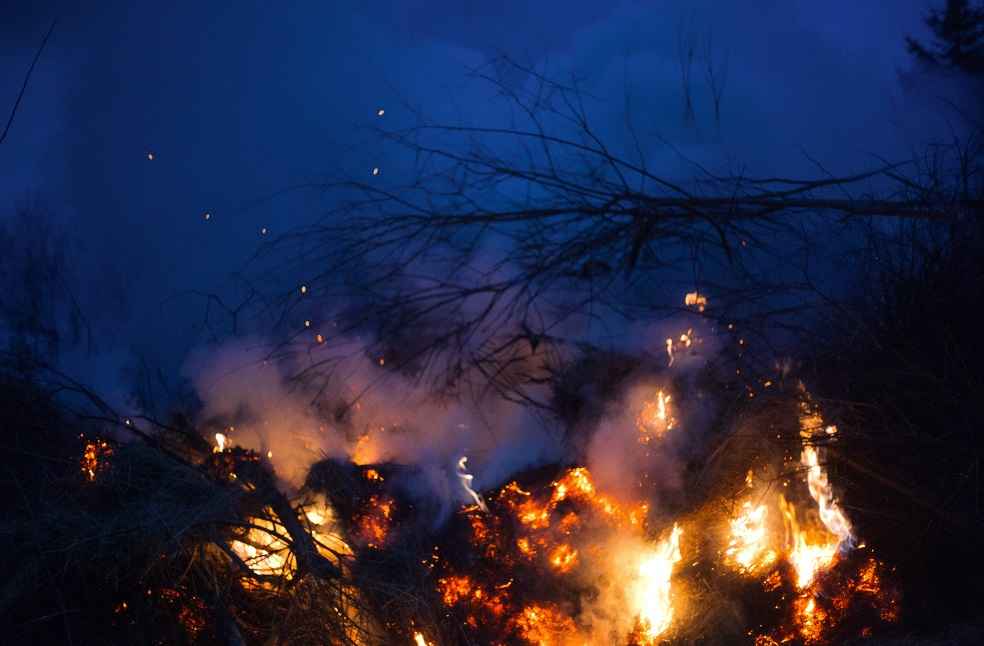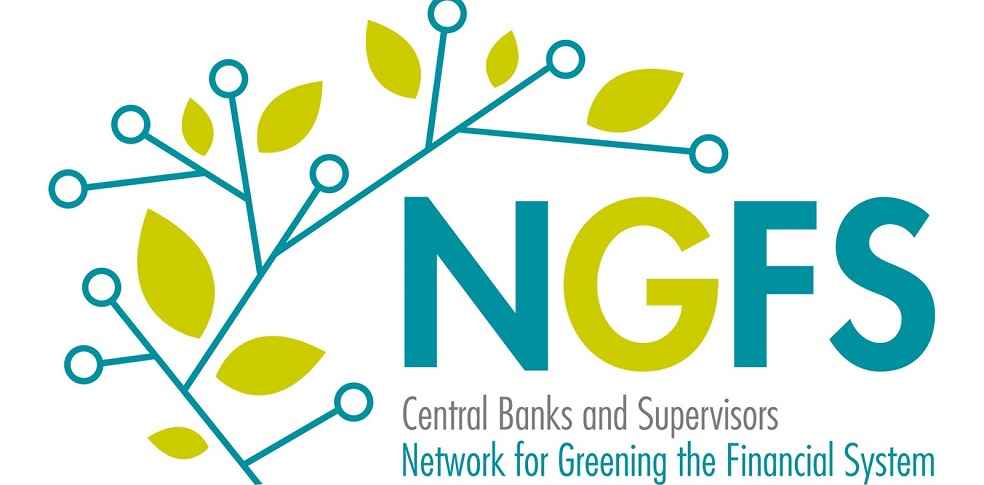The Network of Central Banks and Supervisors for Greening the Financial System (NGFS), under its new ‘Climate Risk Initiative’, is gearing up to develop short-term climate scenarios. These scenarios aim to help buffer the financial sector against sudden shocks due to climate change and inefficient transition efforts.
In a Call for Expression of Interest, dated May 24, 2023, the NGFS announced its intention to assemble a team of modelling experts. This task force will be tasked with the development of scenarios capturing near-term consequences of disorderly climate transition and natural disasters, supplementing the NGFS’s established framework of long-term climate scenarios. The work will commence in Q3 2023 and involves designing detailed narratives around potential shocks, scenario design, calibration, and model implementation.

Since its establishment in 2017, the NGFS has been a platform for central banks and supervisors worldwide to share best practices and contribute to the development of environmental and climate risk management in the financial sector. The network encompasses 125 central banks and supervisors spread over five continents, collectively responsible for the supervision of all global systemically important banks and 80% of internationally active insurance groups.
The new team of experts will be tasked with developing macroeconomic models that can simulate various transition shocks and acute physical risks. They will guide the NGFS in interpreting the modelling output, thereby making the data available to a broader audience.

The NGFS has been utilising climate scenarios since 2020 to aid central banks and supervisors in assessing potential impacts of climate change on the economy and financial system. The proposed short-term scenarios will add to the existing pool of “orderly”, “disorderly”, “hot house world”, and “too little, too late” scenarios, each presenting different combinations of policy implementations and their consequences.
This initiative comes in the wake of similar efforts from other financial sector authorities. The European financial sector has been conducting “stress tests” on financial institutions using the climate scenarios developed by NGFS, to gauge the potential implications of unchecked climate change. U.S. financial regulators have also been conducting similar assessments.

The United Nations Environment Programme Finance Initiative (UNEP FI) has also been using short-term scenarios for some time. A May 2022 report by the UNEP FI explored three macroeconomic shock scenarios for financial institutions, including a sudden rise in carbon price, a spike in oil price, and a trade war.
With the addition of these short-term scenarios, NGFS hopes to contribute to a stronger understanding of potential climate risks and encourage more resilient responses from the global financial sector.
About NGFS

The Network for Greening the Financial System (NGFS), headquartered in Paris, France, is an alliance of 114 central banks and financial supervisors launched in 2017. It aims to escalate green finance and shape the role of central banks in climate change. The NGFS promotes best practices in green finance.
GLOBAL ROUNDUP | WTO Predicts Slowdown, UK Joins CPTPP, EU Tackles Deforestation



